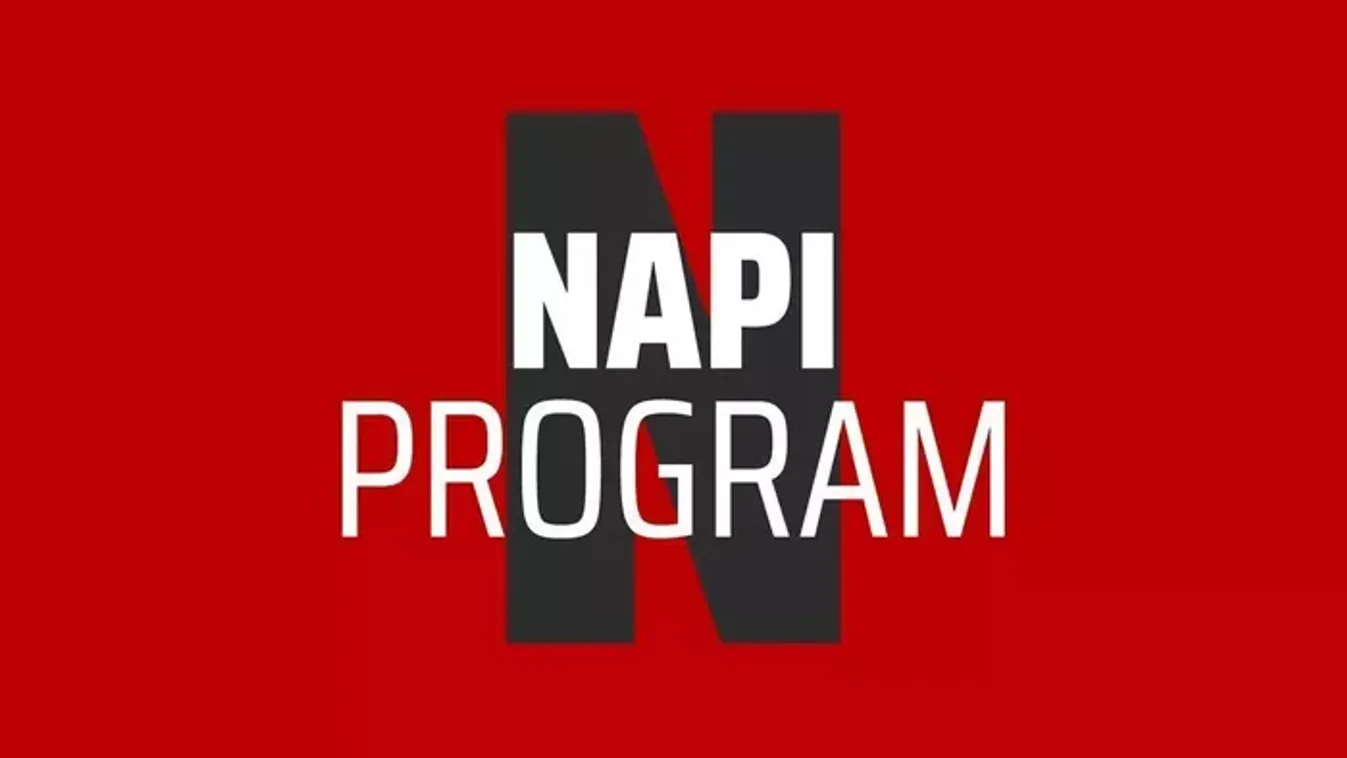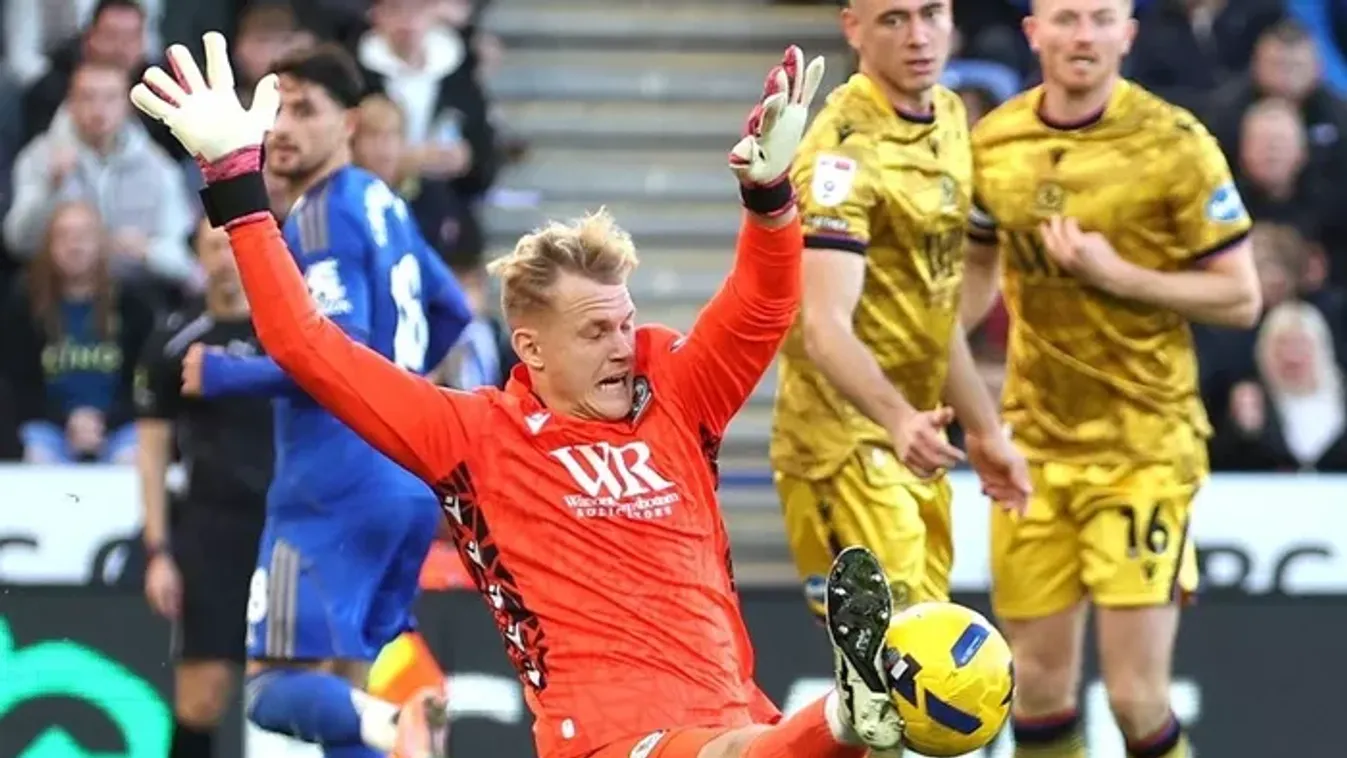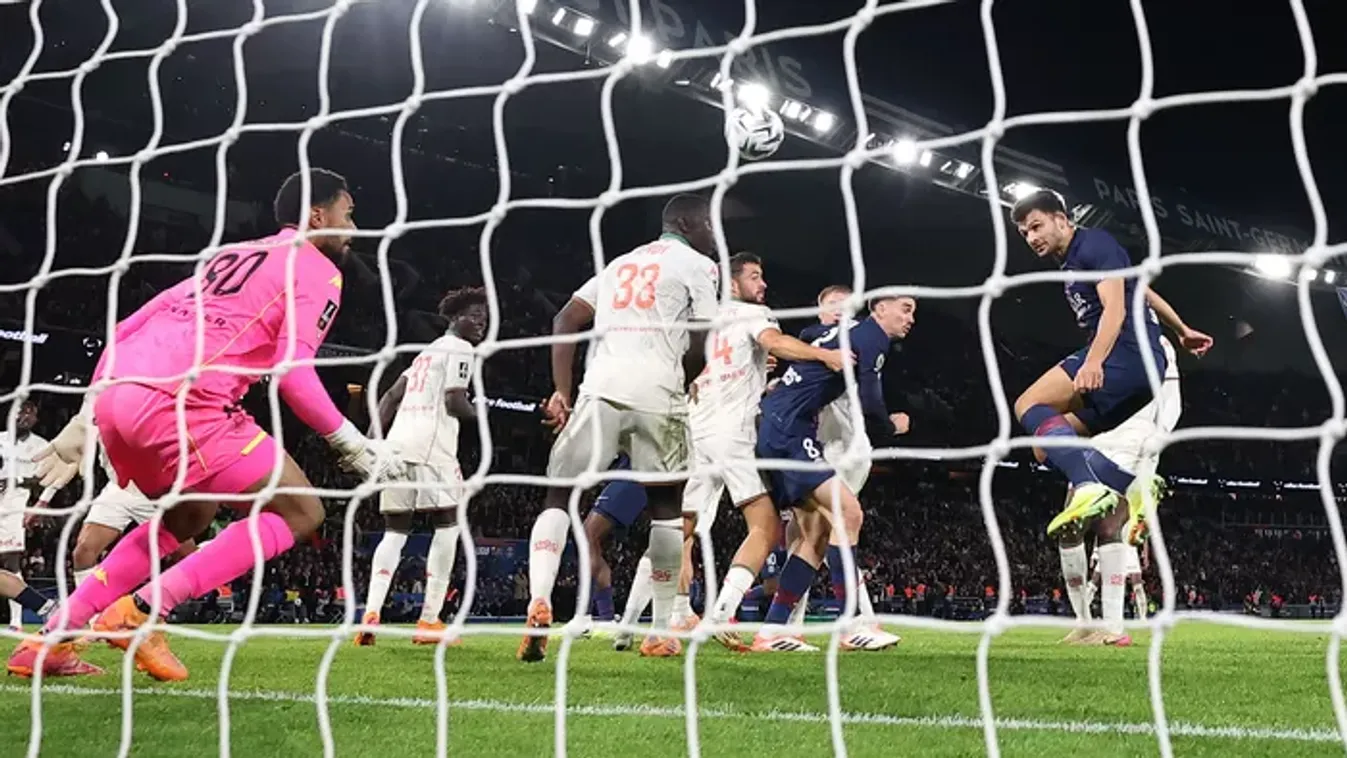Sándor Csányi: Our Nations League matches are not hopeless
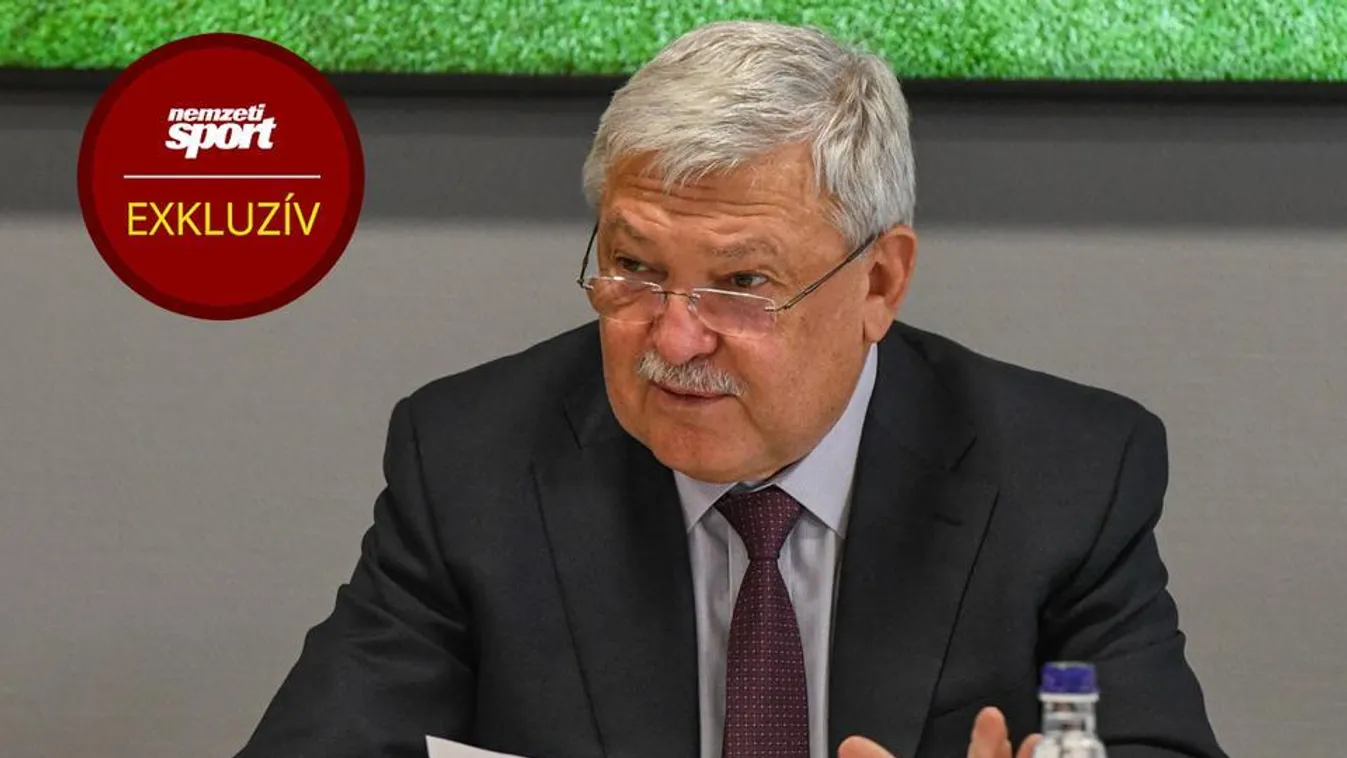
– Could you easily get into the stadium of the Champions League final?
– I managed to get in relatively easily, even if not quickly. I had a guest for whom I had to go out again on the streets to bring him in... There was chaos on the roads.
– How did the final even end up in Paris? After taking it away from St. Petersburg, it was just a matter that Budapest could bid, and then suddenly it was announced that the Stade de France will be the venue.
– In the unusual situation, the decision was not made in the traditional way. The war broke out in February, there was hardly any time left to prepare for the final, the ticket sales in a new location, so a decision had to be made quickly. I also tried to put Budapest in a position, but only Paris was presented to the executive committee as a proposal. The stadium there has a bigger capacity of 10,000 more seats, so it was in a better position due to the higher revenue.
– And at the moment of the decision, Paris Saint-Germain, whose president, Nasser Al-Khelaifi, was a spokesperson for the big clubs and a “good guy” in the Super League story at UEFA, still had a chance to reach the final.
– I don't want to comment on this, but obviously there are many interests and lobbies.
– However, the organization was particularly scandalous in Paris. Do you agree?
– I do not want to go ahead with the findings of the ongoing investigation, and surely UEFA has a responsibility for what happened, but it was probably the police who made a decisive mistake in not closing a larger area surrounding the stadium and not making the venue more accessible.
– However, UEFA really ruined the Champions League draw. How can this happen at this level?
– Maybe I don't have to answer in first personal plural. The mistake was caused by a technical problem with an external service provider, and it can also be said that UEFA is constantly making a lot of draws, and there have never been any problems with them. This time, however, this error has really slipped in. If only Nemzeti Sport made just this many mistakes... (Laughs)
– And I wouldn't comment on that... It is clear that you hardly need to take the criticism of the UEFA apparatus to heart. However, as vice-president of the organization, of course, you are often addressed by the fans, for example, after an unfair disciplinary decision, from which we have received some in recent times.
– I have been active in this field and have made several suggestions. I initiated the idea of allowing children under the age of 14 to enter the matches in the event of a behind-closed-doors decision, and the idea worked well in our match against Azerbaijan. I hope that Saturday's match will prove this solution, which is now officially authorized by the UEFA regulations for closed-door matches. At least 30,000 children and their guardians will be able to see the Hungary-England match on site, free of charge. The penalty is sad, but there will be many young people in the stands who might never have made it to the Puskás Aréna, and now the experience can be a huge motivation for them. I think it's still better for the opponent as well than to play in front of empty stands. I wanted us to raise the age limit to 18, which I have not yet succeeded in, but I will not give up. However, we achieved that the disciplinary rules changed on important points at the last executive committee meeting in Vienna: although zero tolerance for racism and discrimination and the strictest judgment are taboo in international consultations that they are almost impossible to be brought up, the text included that the disciplinary committee can judge cases somewhat more flexibly than before, considering the efforts of the organizers, the nature, extent, and size of the disorder, applying non-mandatory sector closures and immediate field closures.
– After all, we feel the current penalty is very unfair because only a few, short-lived, barely noticeable violations caused collective punishment and closure of the pitch. However, mainly sportsmanlike, safe atmosphere prevailed in the full stadium.
– But unfortunately, these violations occurred, even if sometimes they were not intended to provoke intentionally. However, UEFA also understands that if this is not usual and we do everything we can to reduce such atrocities, it should be appreciated. Violence and hatred have no place in stadiums, neither at home nor on the international stage. The current, fairer approach and regulation is the result of at least three years of struggle. We have also initiated amendments at FIFA, we discussed the issue with President Gianni Infantino in Budapest last year, and he said that if strict field closures did not help reduce the problems, then perhaps this is not the most effective method. Moreover, the effect of collective punishment is often contrary to what we want; it promotes disrupters. Whom, by the way, I cannot understand because not only the tens of thousands of fans, but also their friends attending the match, and even themselves, are punished with the consequences of their actions, even though they come to the stadium because they like attending games. Some people are able to forget about this, and such a sanction also causes four to five hundred million forints of damage to the federation and Hungarian football, which could be spent, for example, on the construction of school pitches.
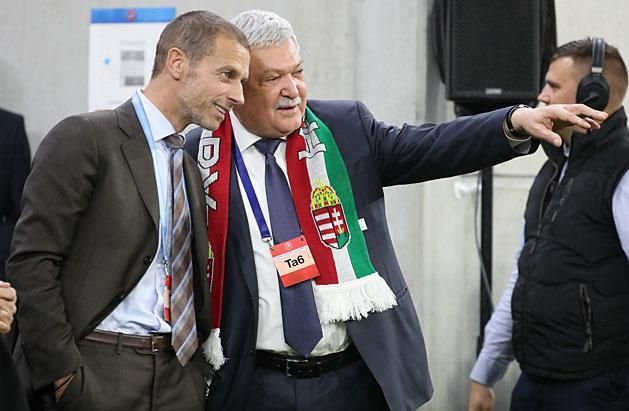
– Is that why the vein scanner, which sounds bad, might be introduced?
– Our intention, which is in line with the efforts of FIFA and UEFA putting an end to racism and incidents that are now allowed in the stands, remains unchanged. We accurately assessed the technical possibilities and needs, mapped the suppliers, estimated the costs, and determined the time required for implementation. With these in mind, the use of the vein scanner can be introduced in the Euro 2023 qualifying matches and, if necessary, we will introduce it. At the same time, it must be seen that no one will be happy with the vein scanner: neither the decent fans, nor the disruptors, nor the ticket sellers, and even the federation would not be happy with the inconveniences and the tasks that come with it. We wouldn't be happy with the hundreds of millions of forints in spending, and the fans with the increased ticket prices. In conclusion, it is a disciplinary measure that is not necessary, it is avoidable by appropriate behavior, which in many ways can be considered an unnecessary luxury. With rational people, we can avoid such things. I consider myself to be one of them, so if disrupters don't force us, then its introduction can be avoided. However, if the renitent minority decides that they can force this decision out of us, we are prepared for it.
– It is sad that we have been talking about disciplinary matters for several minutes in connection with the upcoming Hungary-England match, although I'd prefer to ask: after last year's feats, will the Nations League matches against the England, Germany, and Italy push us back to the ground of reality, or shall we hope for more feats?
– According to the paper form, we can expect nothing more than six defeats. However, the perception of the Hungarian national team is there, mainly because of our good play and results at the European Championship, and none of the football leaders of the opponents – I have spoken to all of them recently – are sure that they will win easily against us. And that in itself feels good that they think they can't be sure. It's even better that I think so: our matches are not hopeless. I also told our players when, at the invitation of Marco Rossi, I visited them in Telki the other day that the Hungarian national team with similarly favorable chances had not been preparing against such big teams for a long time. I talk to many football federation presidents because of my job, and representatives of distant South American countries are once again speaking highly of the Hungarian national team, club leaders indicate that they would like to see Hungarian youngsters because the national team's game has aroused their interest in our football. These are important positive signs.
– Do you feel that the players are also tuning in to feats?
– The Hungarian national team is a cohesive, united squad, which can be seen from the behavior and manifestations of the players. Marco Rossi, who has transformed the team into a great community, has inexhaustible merit in this, and I pay special tribute to his constant courage to invite and make young footballers play. Botond Balogh, Péter Baráth, Bendegúz Bolla, Tamás Kiss, Dániel Sallói, Szabolcs Schön, Zalán Vancsa have recently been included in the adult squad. Dominik Szoboszlai is only 21 years old, and 22-year-old Callum Styles, who received positive feedback from both the press and fans, made his debut for the national team. Last year, we retained our 40th place in the FIFA world rankings, which we would like to improve on, that is, to be in the top 30 in a year or two. Although given the Nations League program ahead, even maintaining the current position would be a good result...
You can read the second part of the interview with Sándor Csányi In our Sunday issue. We talk about, among other things, the possible increase in the number of teams in NB I, the "young rule" that provoked a lot of controversies and the concept behind it, as well as the success of the European Conference League and Bulgarian wines.
NATIONS LEAGUE, GROUP STAGE
LEAGUE A, GROUP 3
THE HUNGARIAN NATIONAL TEAM'S PROGRAM
June 4:HUNGARY-England 1–0
June 7, 8.45pm:Italy-HUNGARY
June 11, 8.45pm:HUNGARY-Germany
June 14, 8.45pm:England-HUNGARY
September 23, 8.45pm:Germany-HUNGARY
September 26, 8.45pm:HUNGARY-Italy
Translated by Vanda Orosz

